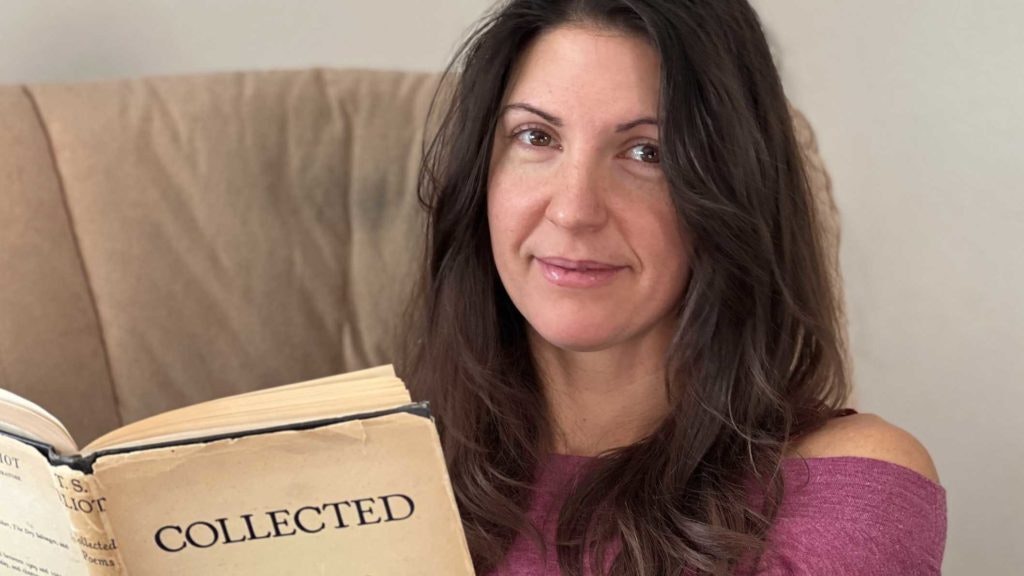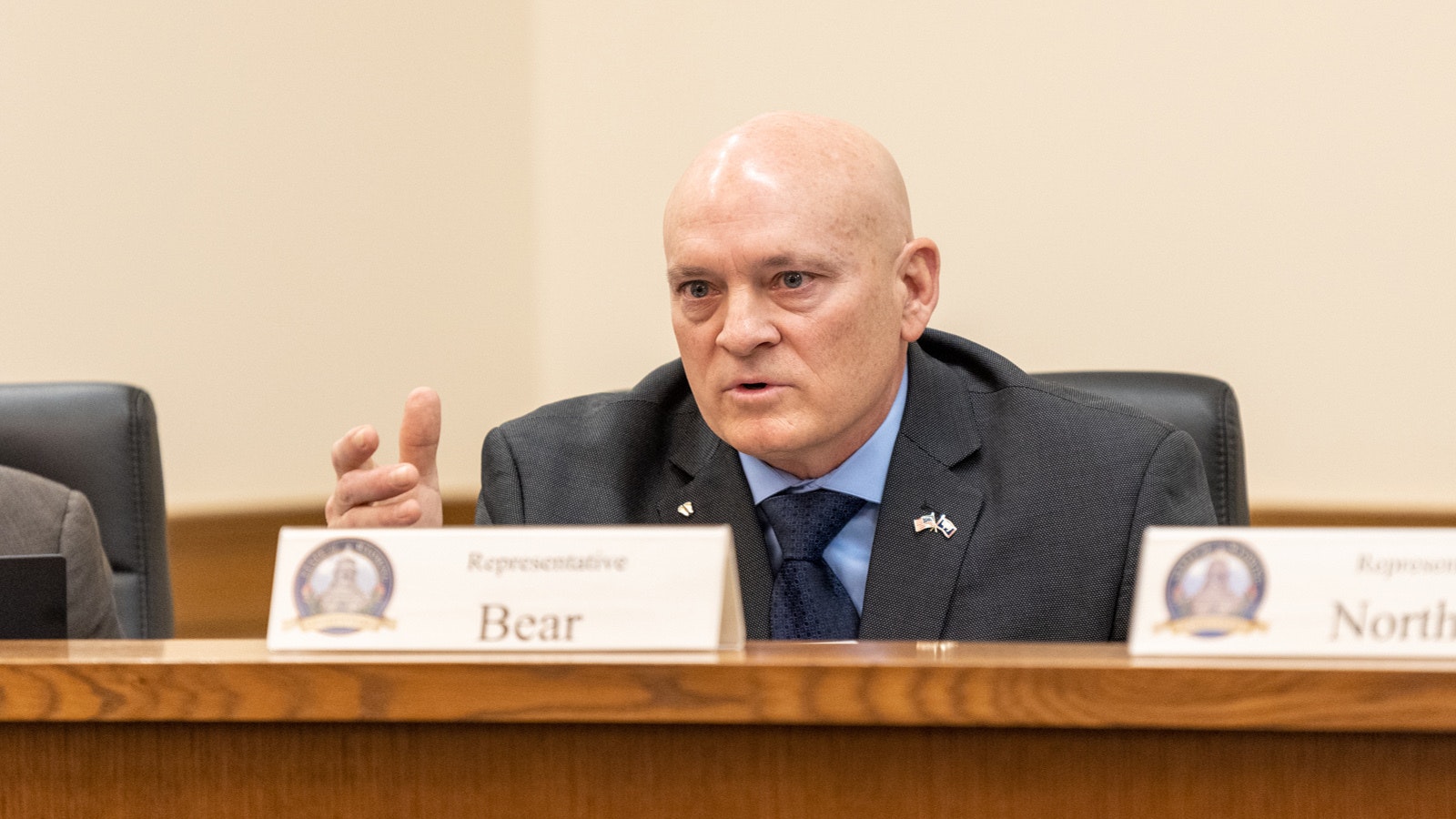Clair McFarland, Columnist
I set out to save the world, but all I got was this stupid poem.
Maybe that crossed E.E. Cummings’ mind when the Harvard graduate, World War I prisoner, ill-fated lover and world traveler sat down in 1940 to write, “anyone lived in a pretty how town.”
The lower-cased title is intentional: Cummings was a writer who snatched up the English language like reins and drove all structure off a cliff.
His poem “anyone” is silly. And brilliant.
Some people are so good at what they do that they exceed the devices of their mastery. Like Chris Thile, who’s so good at mandolin, he makes a fool of his mandolin.
That’s how Cummings was with the written word. He kenneled it, drooling, in his pen like an ardent puppy. The poem starts out like this:
“anyone lived in a pretty how town/ (with up so floating many bells down) / spring summer autumn winter/ he sang his didn’t he danced his did.”
Sorry if I broke a hard drive in your head by sharing that. The poet uses “didn’t” and “did” as nouns. Like a maniac. As if our fretful lives and the rigid words in which we conceptualize them are just his circus.
The poem goes on, always tracking the seasons as they meander or the stars overhead chasing each other toward dawn.
The hero called “anyone” lives in a town where the people don’t really give a crap about him, to borrow my 10-year-old’s parlance. The other grownups in the town buzz numbly through their schedules.
“children guessed (but only a few/ and down they forgot as up they grew/ autumn winter spring summer)/ that no one loved him more by more.”
This “no one” woman is the soul mate of “anyone.” These two are the only people paying attention to the seasons flowing raptly on. To each other. To the way joy and grief are tenderly intertwined.
What’s their secret?
If the poem were written today, “anyone” and “no one” would not be scrolling on their smartphones, or battling for more recognition, more money, more sympathy.
The two characters simply will not succumb to the culture around them. They never find a few cronies to agree with and a few haters to deride, as so many of us do and in so doing, we waste our lives.
We forget to notice sticky spring buds materializing under these arid, twisting stars.
Meanwhile, the townspeople in anyone’s town waste their lives on drudgery and gossip. Children grow up and forget who they are.
One day “anyone” dies, and when “no one” stoops to kiss his face, she dies too. “Busy folk” dig a couple graves, dust their hands and go on with their business.
But the seasons roll on, recycling the slower, sweeter regard and courtesy that “anyone” and “no one” enjoyed while they lived.
“all by all and deep by deep/ and more by more they dream their sleep/ no one and anyone earth by april/ wish by spirit and if by yes.”
How dare Cummings use “if” and “earth” as verbs.
Miraculously, the poem still makes sense. To me it’s not about some romantic relationship that’s unique among the billions of romance statistics that have populated our art since the first quill found its first viscous pigment.
No, this poem pays tribute to all relationships that slow us down and buoy us above the breakneck world.
I’m always in a hurry. But a few moments have really slowed me down. Such as …
- When, nearly three decades ago, my dad perched me on his work shoes and taught me how to two-step to a Keith Whitley song.
- When my Aunt Trici let me cry on her shoulder on my wedding day because it seemed that nothing was going according to plan. (It turned out great, though.)
- When my mom rushed to my little old house in town after I went into labor with my middleborn son. She ended up drinking three cups of tea with me while I procrastinated against going to the hospital, because I don’t like how the staffers make me lie down to give birth to people.
See, most of us have deluded ourselves into thinking we can save the world.
We fret about what the politicians are up to as if they can save us from the slow character rot that festers when we forget to slow down. Pay attention to others. And be there for one another on a level so local, so small, that it seems insignificant next to the roaring dome of social media.
But it’s not insignificant to anyone. No one at all.





